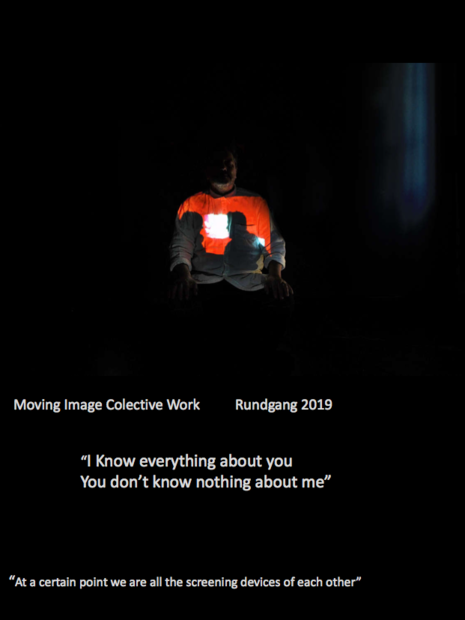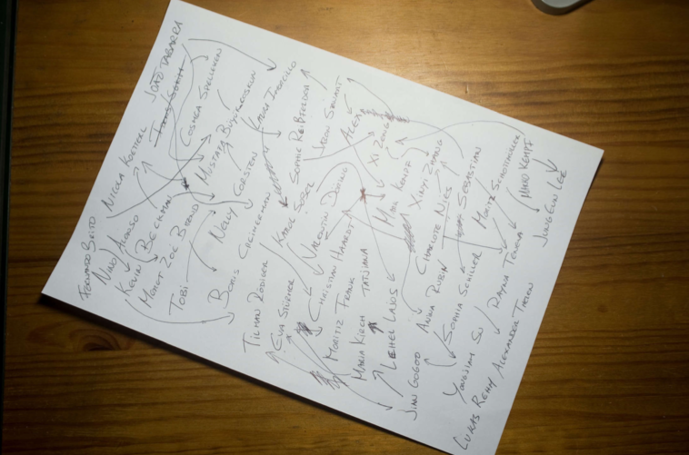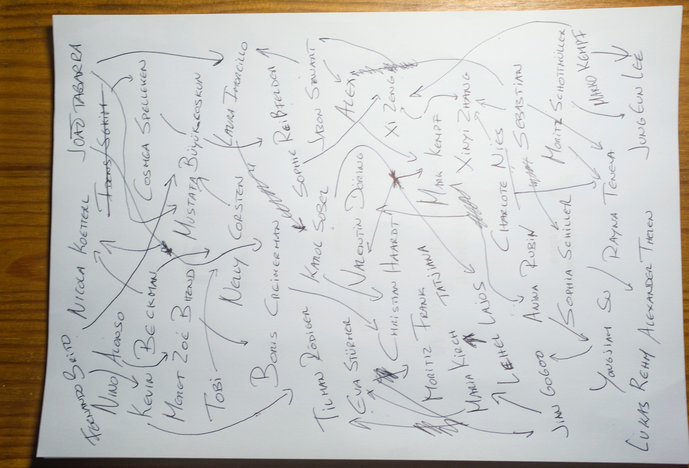

© João Tabarra


© João Tabarra


© João Tabarra
"Movement produces the possibility of a work of Art whose form is a process of growth.
This growth might be revealed trough the spectator’s actions, linked to his movements, or it might grow of itself from within, responding spontaneously to the environment."
Kinetic Art, the language of Movement, by Guy Brett, Studio-Vista: London 1968
"Every period brings its own enlightenment, its particular feeling for space, as a definite need.
Our civilisation, even for those who have never been in an aeroplane , has brought an entirely new understanding of the sky and the extension of space.
Today there is a demand for a total possession of that space”
Matisse: Problèmes de la peinture, Paris 1945
"Growth is not merely quantitative striving for height but the increase of energy in all directions, and the transformation of material substances. The cosmic element is a vantage point to escape the mere terrestrial and encompass the whole.
There are regions where laws apply, for which new symbols have to be found, corresponding to looser movement and greater mobility of cation.
One surrenders to such forces as air currents, cooler or warmer air.”
Klee: Pedagogical Sketchbook, 1925
Moving Images, as Joao Tabarra sees and works with them, have the unique ability to be used as mediators in meaningful collaborative projects including Film, Documentary, Photography, Composition, Sound, Performance Video Art and Installations, Communication Design and any time-based media. It’s also a field of investigation and permanent questioning, how "images” shape our thinking or think themselves. There is a lot of space for doubt here as well: Can we still use images to find answers and the right questions in this contemporary world? What are the potential fields for using new (image) technologies? What are the answers we should try to find for a planet hurt in its natural equilibrium. Are we even able to go forward forgetting maybe one of the central issues of the contemporary world: “the Biotope"? Now that we seem to lose our animality, a harsh question arises: Do we still belong? And how do we prepare ourselves for a much needed new social organization, shaped by what some are calling "social design"?
Considering this, should we abandon the philosophical space provided by "the artistic accident", the realm of the poetic? Joao Tabarra does not think so. In the seminar “Moving Images” he formulated these questions together we the students giving everyone the opportunity to submerge themselves in something so "wild". Something that allows to humbly but seriously, search and give feedback within the important subject of Contemporary Art – and with that possibly accidentally proposing a new "political" design to avoid extinction.